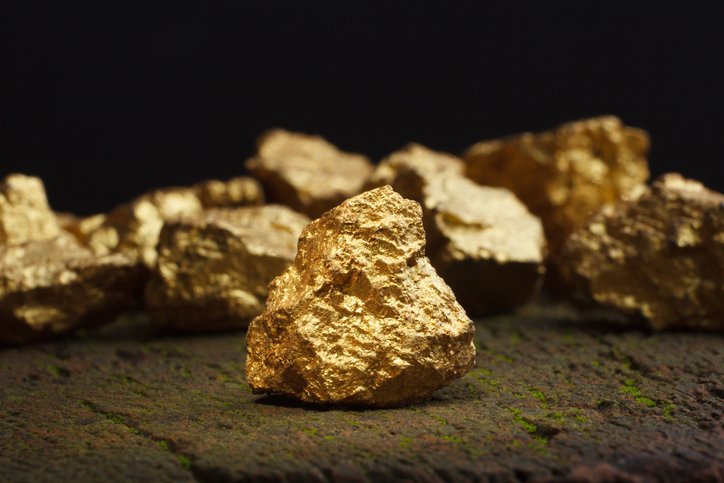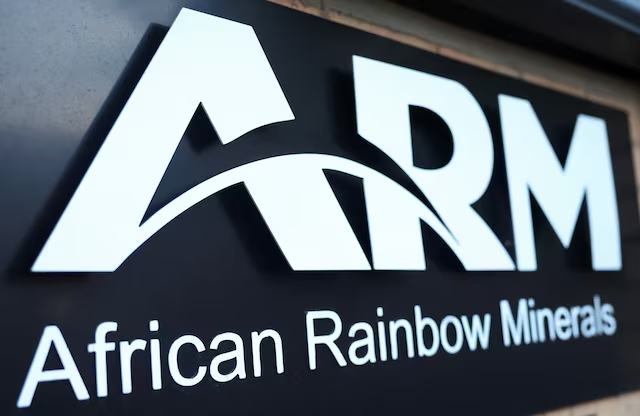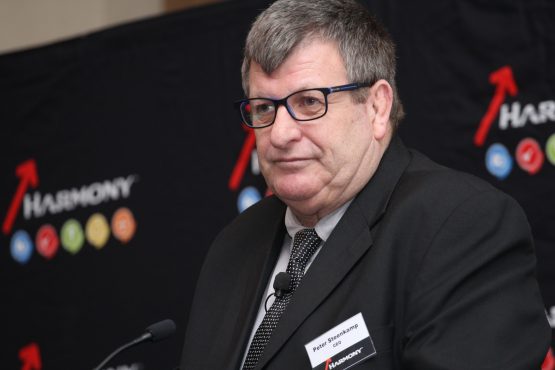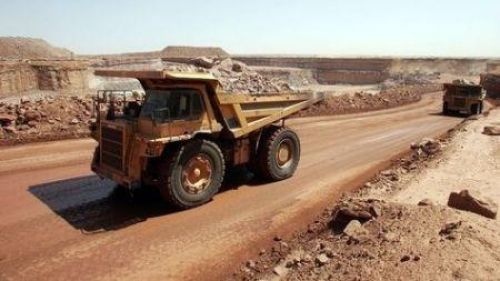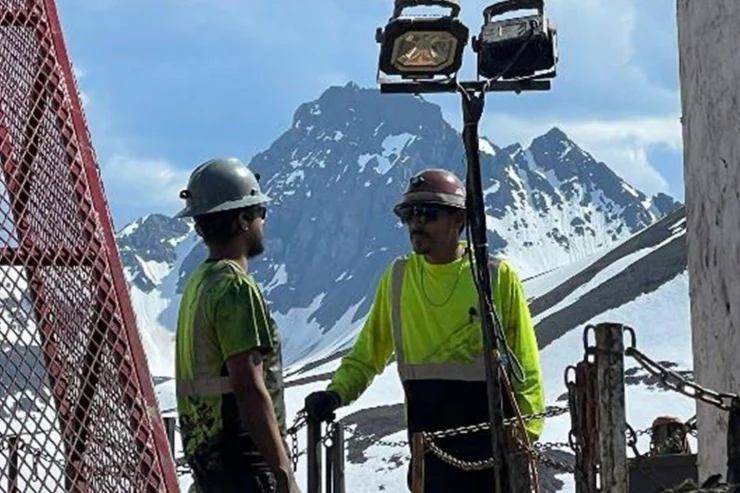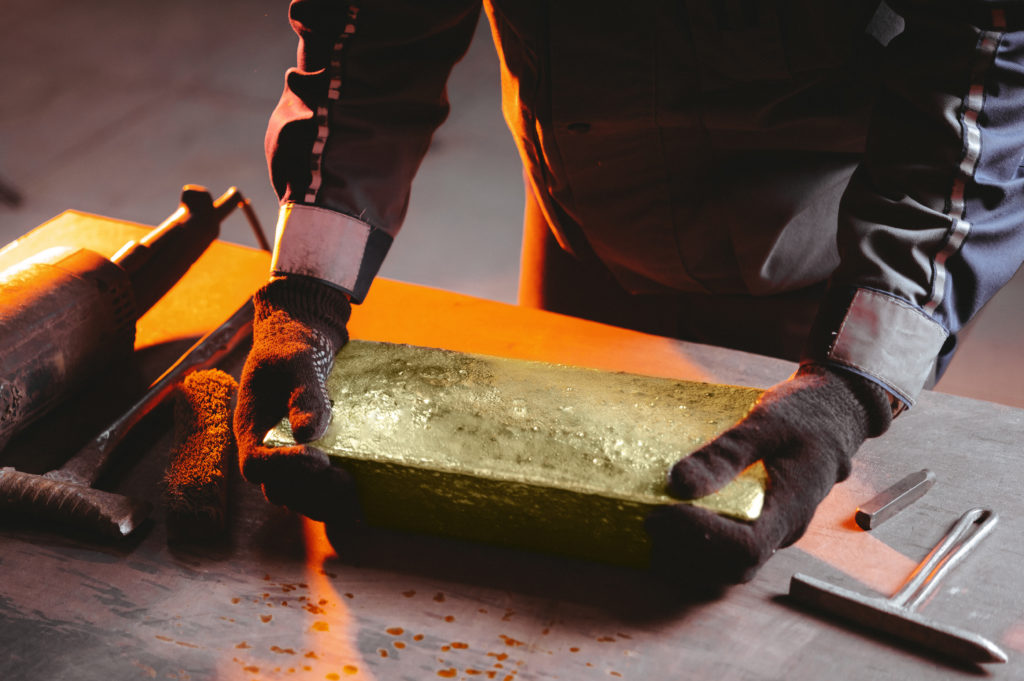Mining

Securing Minerals for the Energy Transition, Finance for Southern Africa
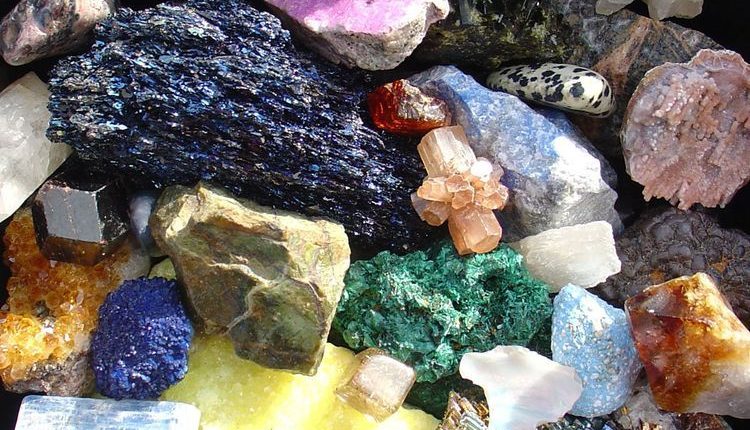
Critical minerals are essential to the energy transition, powering electric vehicles, renewable energy systems and energy storage technologies. Southern Africa holds nearly 30% of the world’s reserves, including cobalt, copper, graphite, lithium, manganese and platinum-group metals, yet attracts less than 10% of global exploration financing. Unlocking this potential is critical to strengthening global supply resilience and driving inclusive growth across the region.
A new report from the World Economic Forum highlights a major global opportunity and challenge. It focuses on Southern Africa, a region rich in minerals essential for clean energy technologies like electric car batteries and solar panels. Despite holding nearly a third of the world's reserves of these "critical minerals," the area receives very little international investment for mining them. This paper investigates why this funding gap exists and what can be done to solve it. The goal is to secure these minerals for the global energy transition while ensuring local economies benefit.
The research identifies eight major barriers that scare away investors and hinder development. These problems include unpredictable government policies, high financial risks, and a lack of reliable electricity for mining operations. Other significant hurdles are poor road and rail networks, a slow adoption of new technology, and a shortage of skilled local workers. Furthermore, most minerals are exported raw without local processing, and buyer demand can be wildly unpredictable. These challenges make projects in the region seem too risky for many financiers.
For each challenge, the report provides a practical solution illustrated by a real-world example. It suggests governments can create stable policies, as Zambia did to attract copper mining investment. Financial tools can be used to reduce risk for investors, and mines can be powered by renewable energy, like a green iron plant in Namibia. The paper also highlights large infrastructure projects, like upgrading a major railway corridor through Angola and Zambia, to efficiently transport minerals to global markets.
The report argues that solving these issues is a win-win for the world and for Southern Africa. For the global community, it means a more secure and diversified supply of the minerals needed to fight climate change. For the people of Southern Africa, it represents a historic chance to turn mineral wealth into real economic growth. This includes building local industries, creating higher-quality jobs, and developing advanced skills. The transition to clean energy can be a powerful driver for inclusive and sustainable development in the region.
Ultimately, the paper calls for a major collaborative effort between governments, mining companies, international financiers, and local communities. It concludes that unlocking this potential requires innovative financing, strong partnerships, and a commitment to ensuring local populations benefit from their natural resources. By working together, stakeholders can transform these mineral riches into a foundation for a prosperous, low-carbon future.



